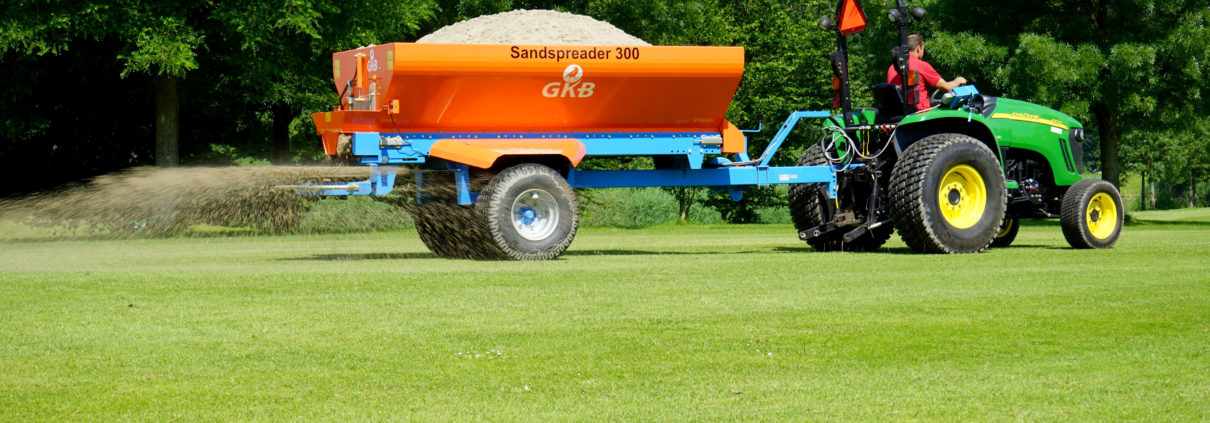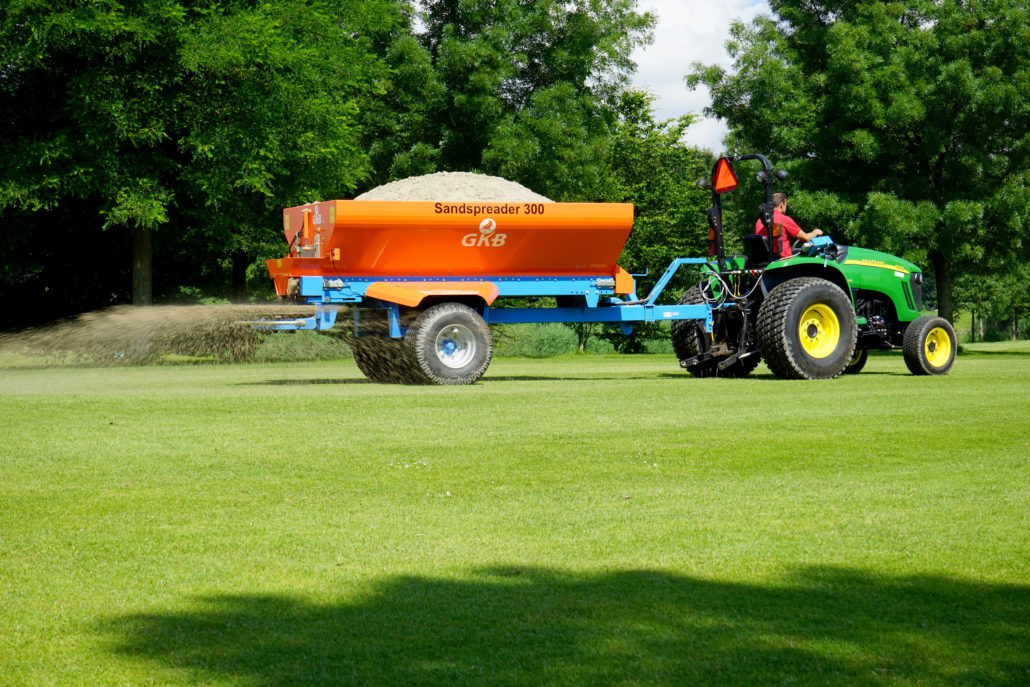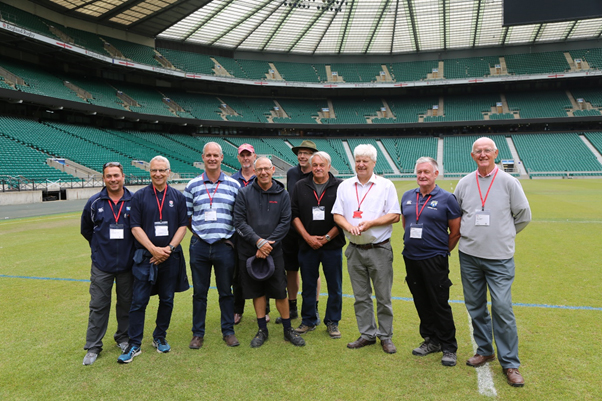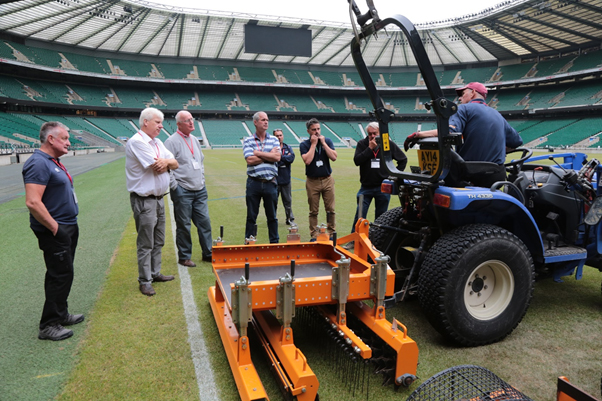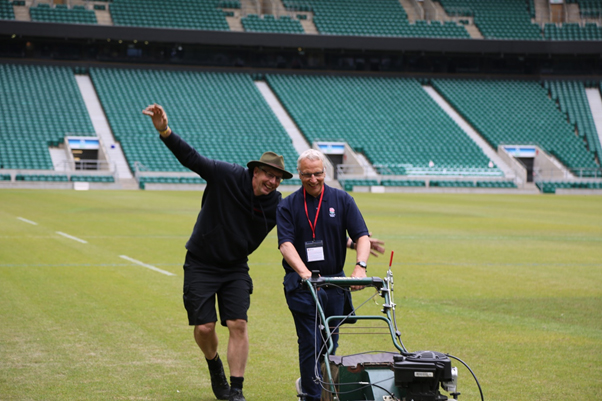New App For Groundsmen
New App For Groundsmen: The Premier League, The FA and Government’s Football Foundation are ramping up efforts to improve the quality of grass pitches in England with the launch of the Football Foundation Groundskeeping Community app.
The new platform provides a resource of expert advice for grounds staff, enabling them to connect with peers, discover new tips and tricks and share advice on best industry practice. Users can seek guidance from the IOG’s Regional Pitch Advisors, who are available to answer questions and update members on changes to industry standards.

The system is entirely free to use and will feature regular new content, with videos from high-profile groundskeepers, such as Wembley Stadium’s Karl Standley, case studies and the latest in groundskeeping techniques.
Developed in partnership with the Institute of Groundsmanship (IOG) and run through Hive Learning, Europe’s leading peer learning platform, the site represents the latest step of the Football Foundation’s Grass Pitch Programme, which aims to ensure every affiliated football fixture in England is played on a quality football pitch.
Karl Standley, Wembley Stadium Head Groundsman said: “Whether it’s Wembley or your local community football pitch, groundkeepers all face the same challenges.
“I think it’s great that we can now all come together on this new platform to share these challenges and help each other find solutions. We are all aware of the importance of improving the state of pitches in this country and this is a great step to making a long-lasting difference.”
Geoff Webb, IOG CEO said: “This is the culmination of over five years of work within our partnership with both the Football Foundation and The FA via the Grounds and Natural Turf Improvement Programme and will complement the invaluable pitch-maintenance service that the Regional Pitch Advisors provide for volunteers at grassroots football clubs.
Dean Potter, Director of Grant Management at the Football Foundation, said: “The majority of community football is played on grass pitches and it’s a priority for us that we are able to sustain this.”
“We know how important football facilities are in transforming lives and bringing communities together and this platform will enable us to build a new groundskeeper community that will provide huge benefits for people across the country.”
For more information, go to http://thefa.hivelearning.com/groundskeeping.
Click here to read the original article
For the latest industry news visit turfmatters.co.uk/news
Get all of the big headlines, pictures, opinions and videos on stories that matter to you.
Follow us on Twitter and Instagram for fun, fresh and engaging content.
You can also find us on Facebook for more of your must-see news, features, videos and pictures from Turf Matters.

